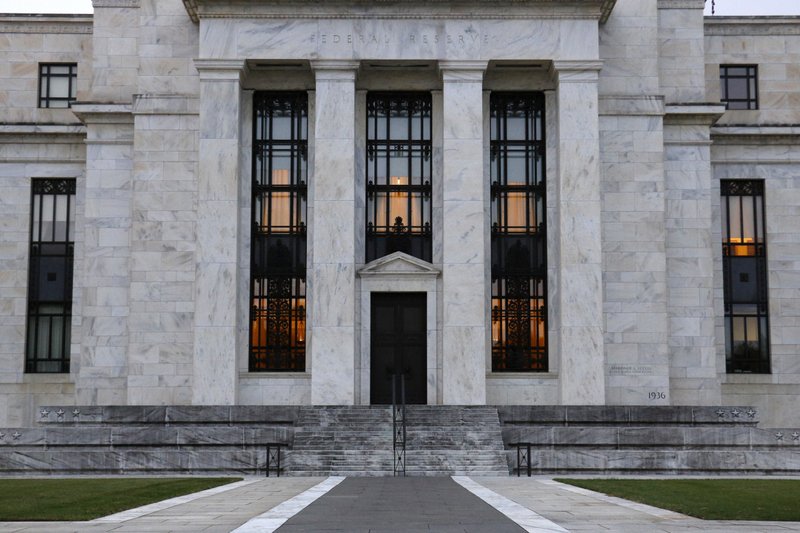Most Federal Reserve officials believed last month that the three rate cuts they have made this year would be enough unless the economy weakened significantly.
The minutes of the October Fed meeting, released Wednesday, reveal that “most participants” thought that this year’s rate cuts would be sufficient to support moderate growth, a continued strong job market and inflation rising toward the Fed’s 2% target level.
A “couple” of Fed officials suggested that this view should be reinforced by additional comments after the meeting that further cuts were “unlikely in the near term” unless the economy slowed significantly.
The consensus among economists is that the Fed will now pause after having cut rates three times in 2019, with its benchmark rate now in a range of 1.5% to 1.75%. The central bank’s key rate influences many consumer and business loans.
Paul Ashworth, chief U.S. economist at Capital Economics, said the minutes, along with recent comments by Powell and other officials, “confirm that the Fed is now firmly on the sidelines.”
Ryan Sweet, an analyst with Economy.com, said it’s clear that the Fed is in a “wait-and-see mode, and unless there are signs that the economy or inflation are deviating from their forecasts, rates will remain unchanged for some time.”
At a news conference after the Fed’s Oct. 30 meeting, Chairman Jerome Powell had said that “monetary policy is in a good place.” But Powell added that if “if developments emerge that cause a material reassessment of our outlook, we would respond accordingly. Policy is not on a pre-set course.”
The view among investors is that the Fed is done for the year. The CME Group, which tracks trading in the future course of Fed rates, shows a 99% likelihood that rates will remain unchanged at the Fed’s next meeting Dec. 10-11.
The minutes of the October meeting showed that “some participants” had opposed the rate cut the Fed announced then. They argued that the central bank’s interest rate stance was already appropriate and that it should take time before deciding whether to further ease credit.
But a majority of Fed voters believed it was appropriate to cut rates last month given the risks associated with slower global growth and trade uncertainty.
The Fed’s decision was approved on an 8-2 vote, with Fed Presidents Esther George of Kansas City and Eric Rosengren of Boston dissenting.
In addition to his comments at his October news conference, Powell also signaled in appearances before congressional committees last week that the central bank was likely to keep its policy rate unchanged as long as the economic outlook didn’t worsen.
(AP)











